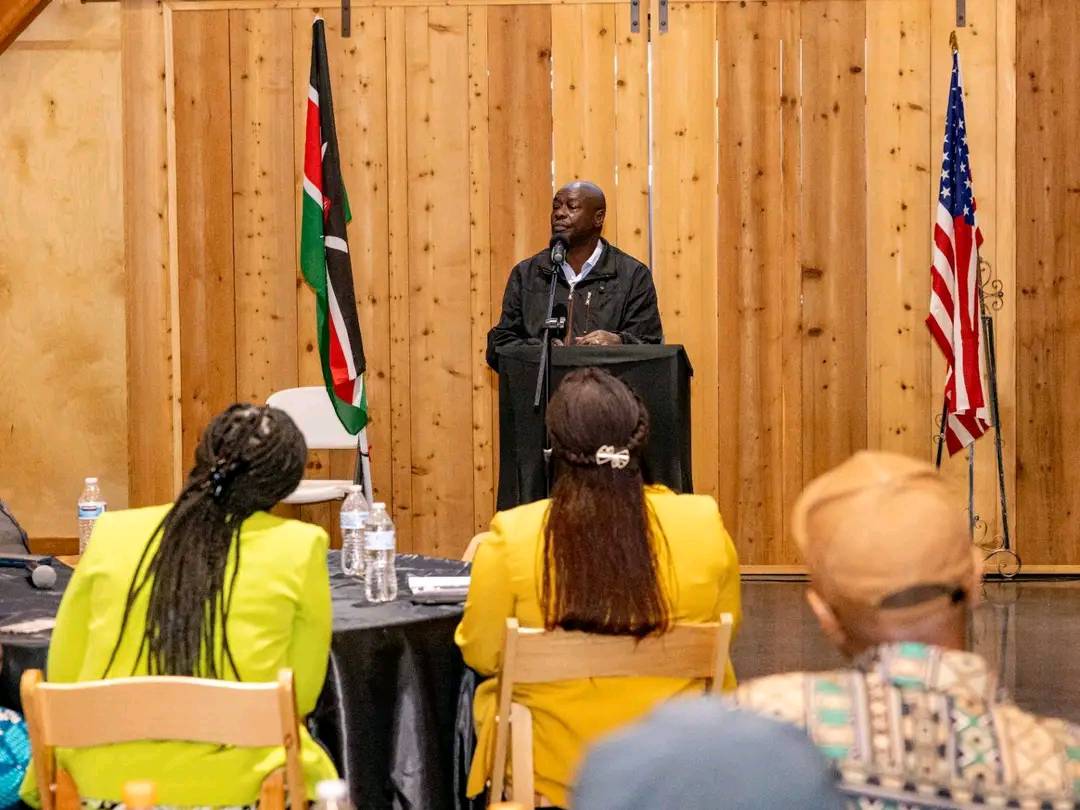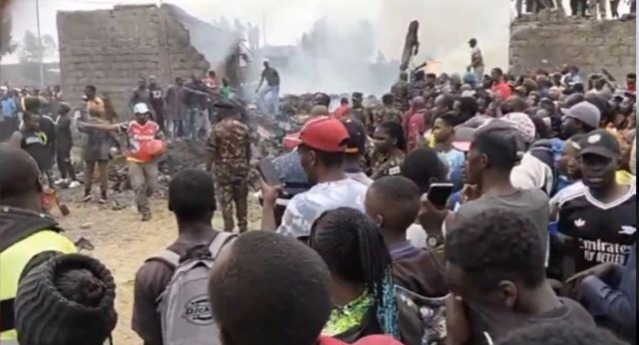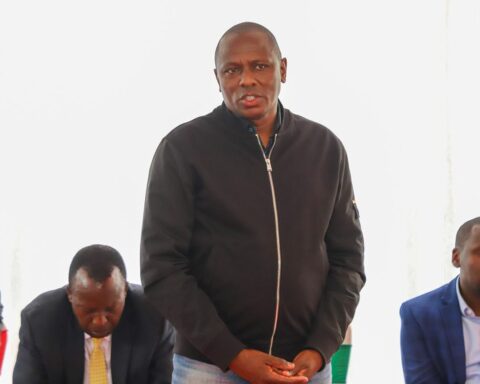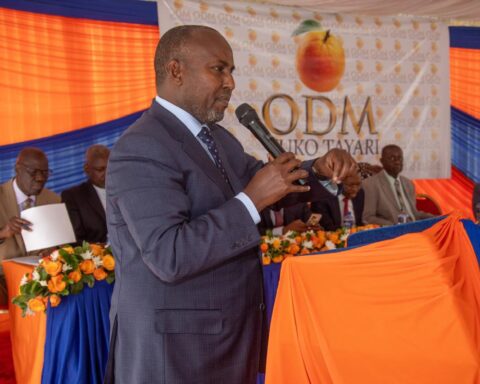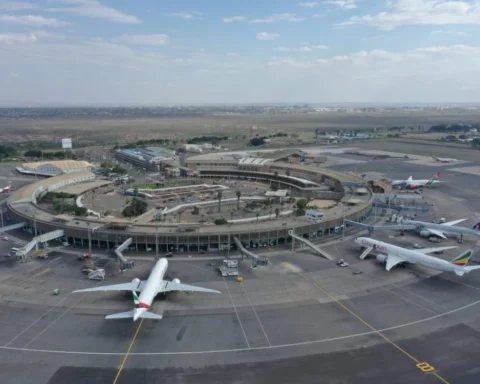Rigathi Gachagua, the self-styled “son of Mau Mau,” has taken his vendetta against President William Ruto to Washington, clutching a dossier he claims exposes the head of state’s misdeeds.
The impeached former deputy president’s audacious call for U.S. sanctions on Kenya has sparked a firestorm, with critics accusing him of betraying the very independence his parents fought for as Mau Mau warriors.
Gachagua is now urging the U.S. to punish Kenya over Ruto’s alleged human rights abuses and state-sponsored violence. Yet, in a bizarre twist, he insists Ruto must remain in office until 2027, claiming, “We will not remove him for another two years.” The contradiction has baffled many: If sanctions are imposed, who pays the price—Ruto or the ordinary mwananchi?
His political descent has drawn bipartisan fury, with many branding the foreign crusade as reckless, self-serving, and dangerously unpatriotic. Critics argue Gachagua is no longer fighting for reform — he is simply settling scores.
“This isn’t justice — it’s spite,” said political analyst Jane Wako-Ojiwa. “He wants to hurt Ruto, but it’s Kenyans who’ll bleed.”
The contradictions are glaring. While lobbying for sanctions, Gachagua continues to claim Ruto must finish his term — exposing a strategy that looks less like a push for accountability and more like political sabotage dressed as activism. His credibility, already shaken, is further clouded by his past. In 2022, he was ordered to surrender KSh 200 million in unexplained wealth — and although a larger corruption case was dropped post-election, the stench lingers.
To many, the real betrayal lies in Gachagua’s hypocrisy: a man who built his brand on nationalist pride now turning to the same foreign powers his Mau Mau forebears resisted. His plea for former colonial powers to discipline Kenya has ignited national outrage — and reminded Kenyans of the cost of external interference.
“Mau Mau didn’t fight for snitches,” wrote one X user. “Riggy G is a disgrace to the struggle.”
Even his Mount Kenya base — once solidly behind him — has grown uneasy. The sight of a former deputy president asking for foreign sanctions, while offering no evidence through domestic institutions, has alienated many.
